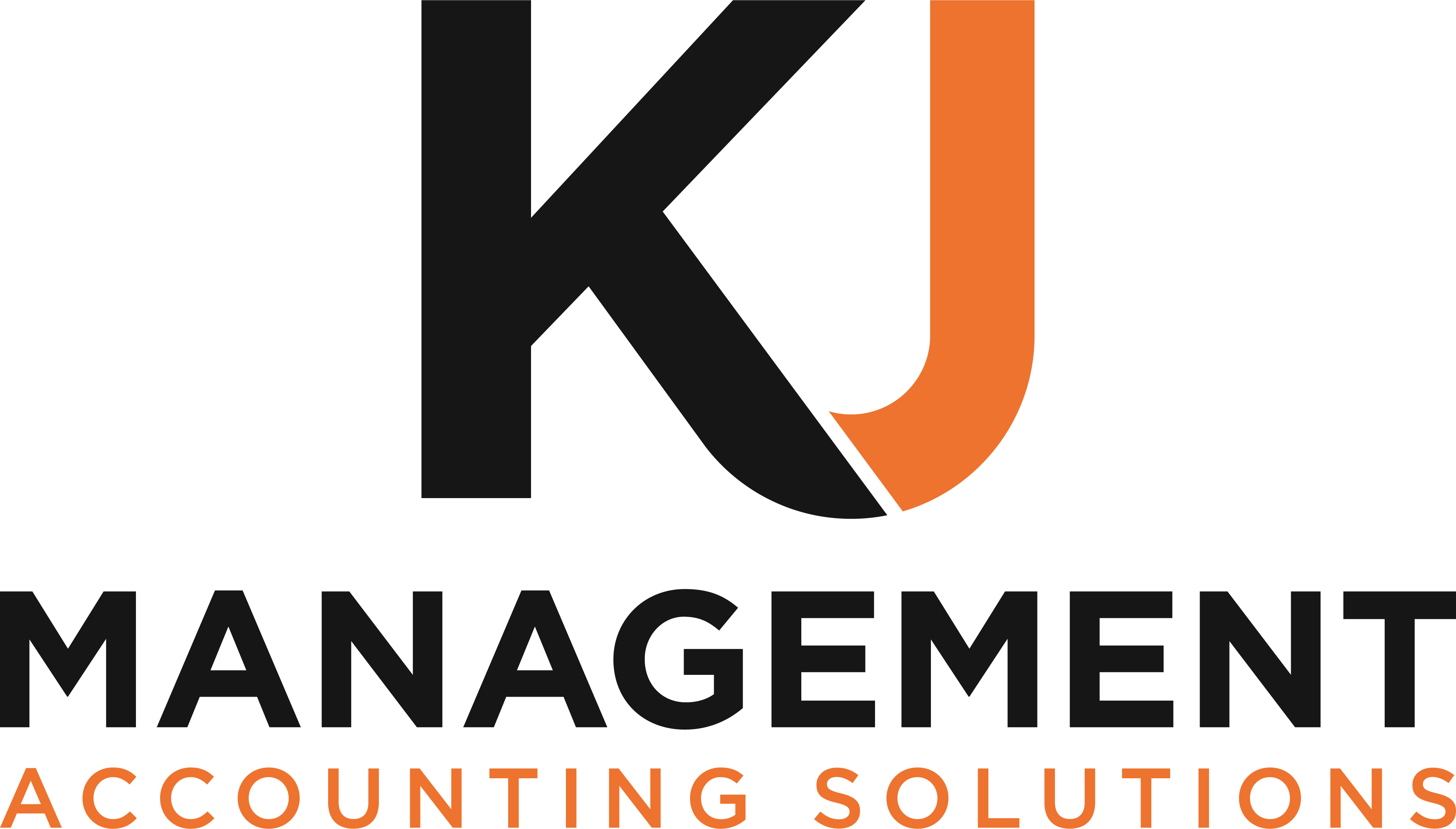Running a business isn’t just about making sales—it’s about making smart financial decisions. Many business owners rely on basic bookkeeping or annual accounting but struggle with real-time financial insights that help them plan ahead.
This is where Management Accounting comes in. Unlike traditional accounting, which focuses on historical records and tax compliance, management accounting provides ongoing financial insights to help businesses track performance, improve cash flow, and grow sustainably.
In this blog, we’ll break down what management accounting is, why it matters, and how it can transform your business.
What is Management Accounting?
Management Accounting is the process of using financial data to help business owners make informed, strategic decisions.
It involves:
- Regular financial reports – Providing up-to-date insights, not just year-end figures.
- Budgeting & forecasting – Helping businesses plan for growth.
- Profitability analysis – Understanding which products/services drive the most profit.
- Cost control – Identifying areas to cut costs and increase efficiency.
- Cash flow management – Ensuring businesses always have enough cash to operate.
Unlike traditional accounting, management accounting is forward-looking—helping businesses stay on top of their finances before problems arise.
Why is Management Accounting Important?
Many small and medium-sized businesses (SMEs) struggle with financial uncertainty. Without proper financial management, they risk:
- Cash flow problems – Running out of money unexpectedly.
- Uncontrolled spending – Wasting resources on unnecessary expenses.
- Poor decision-making – Investing in areas that don’t drive growth.
- Late tax payments & penalties – Due to lack of financial planning.
With management accounting, business owners gain:
- Financial clarity – Know exactly how your business is performing.
- Better planning & budgeting – Avoid cash flow surprises.
- Stronger decision-making – Use real data to guide growth strategies.
- Higher profitability – Understand which areas of your business generate the most revenue.
Key Benefits of Management Accounting
Many businesses rely on annual reports from their accountants—but these only provide a backward-looking snapshot.
Management accounting provides monthly or quarterly reports so you always know:
- How much profit your business is making.
- Whether your expenses are under control.
- If your business is on track to meet goals.
Example: Instead of waiting until financial year end, a business can use monthly reports to identify issues early and make adjustments before they become major problems.
Improved Cash Flow Management
Cash flow problems are a leading cause of business failure, especially for small businesses. Even profitable businesses can run into trouble if cash flow is poorly managed.
Management accounting ensures:
- You always have enough cash to pay bills & staff.
- Customers are paying invoices on time.
- Your business isn’t overspending.
Example: A business using management accounting forecasts future cash flow, allowing them to delay non-essential expenses if a slow month is expected.
Increased Profitability & Cost Control
Are you charging enough for your services? Are certain expenses draining profits?
Management accounting helps businesses:
- Identify which services/products are most profitable.
- Cut unnecessary expenses to improve margins.
- Set the right pricing strategy for growth.
Example: A company realises that a particular service has high costs but low profit margins—so they adjust pricing or discontinue it to focus on more profitable services.
Smarter Business Growth & Expansion
If you’re planning to expand, hire staff, or invest in new equipment, you need accurate financial data to make informed decisions.
Management accounting helps you:
- Forecast whether your business can afford growth.
- Plan for new investments without financial risk.
- Identify the best times to scale operations.
Example: Instead of blindly hiring more employees, a business can use financial forecasts to ensure that they have enough consistent revenue to support new salaries.
Risk Management & Compliance
Management accounting helps:
- Spot financial risks early before they cause damage.
- Ensure taxes and financial obligations are planned in advance.
- Keep financial records accurate & organised.
Example: A business with regular financial tracking never misses tax deadlines or faces unexpected penalties.
Final Thoughts: Why Your Business Needs Management Accounting
Key Takeaways:
Management accounting provides real-time financial insights, not just compliance reporting.
- It helps businesses improve cash flow, profitability, and efficiency.
- Regular financial tracking allows for better decision-making and sustainable growth.
- Businesses that invest in management accounting are more likely to be financially stable and less likely to face cash flow problems.
Would you like to learn more about financial planning, budgeting, and business strategy? Explore our Knowledge Hub for more useful insights!


